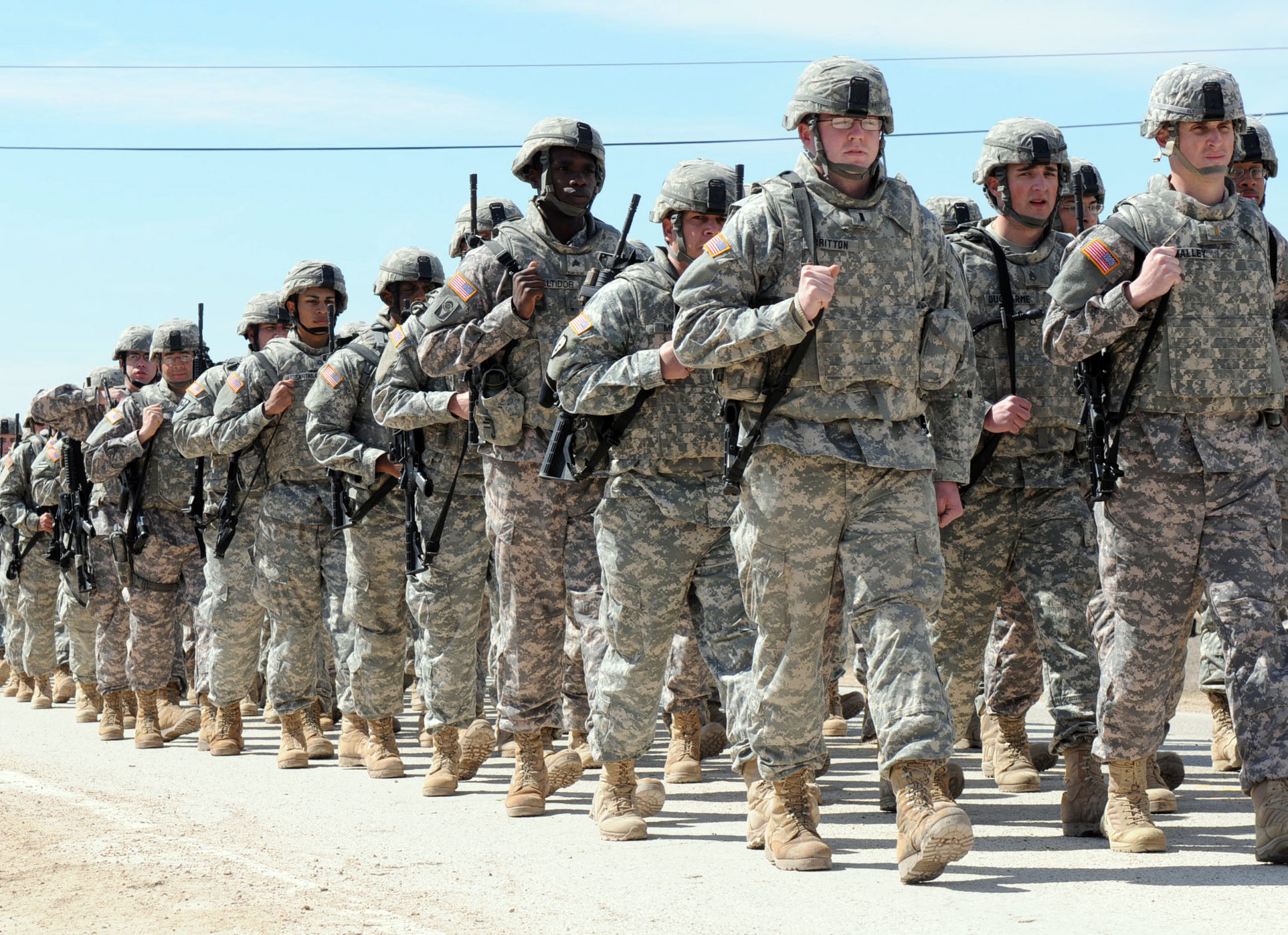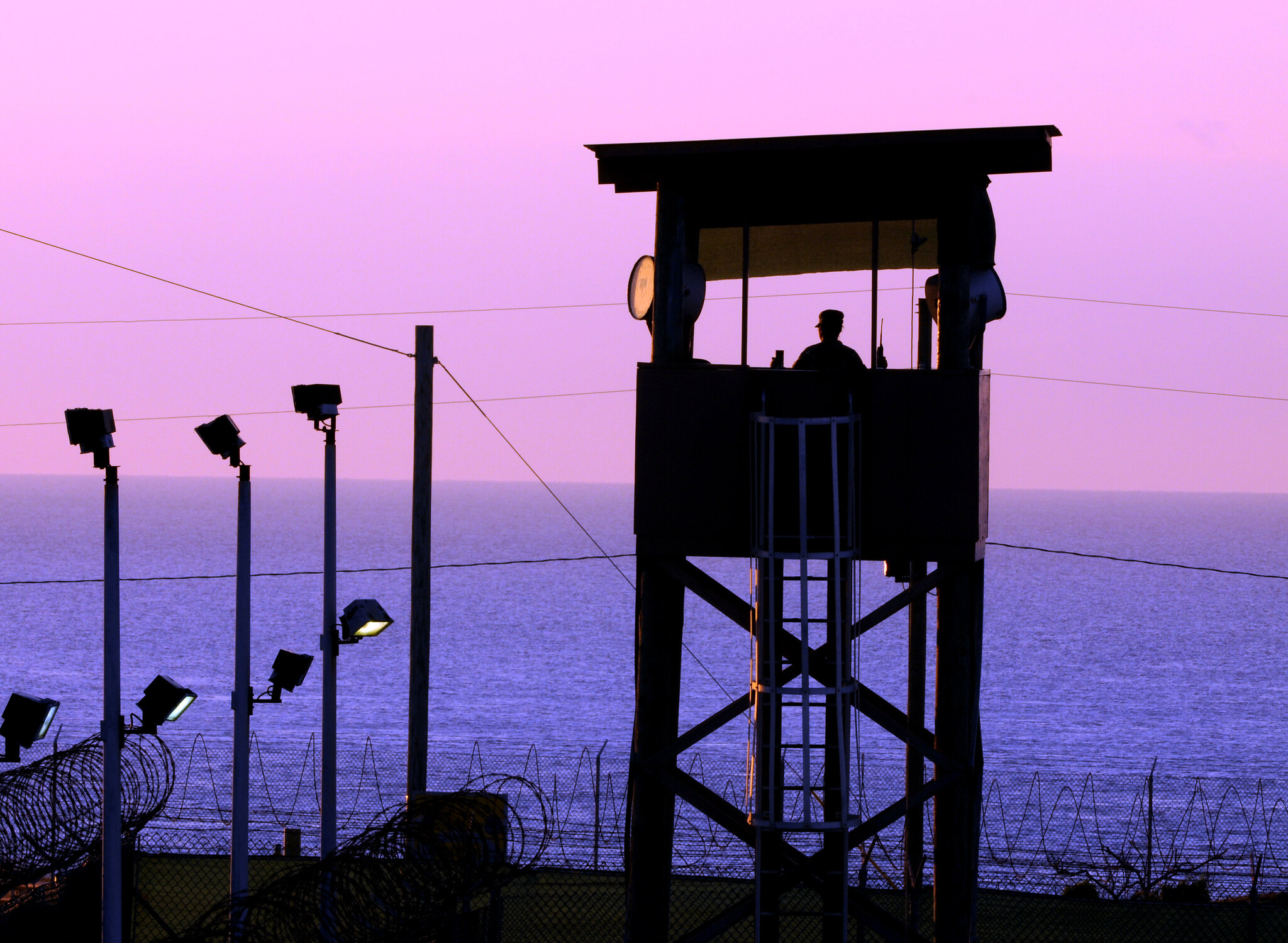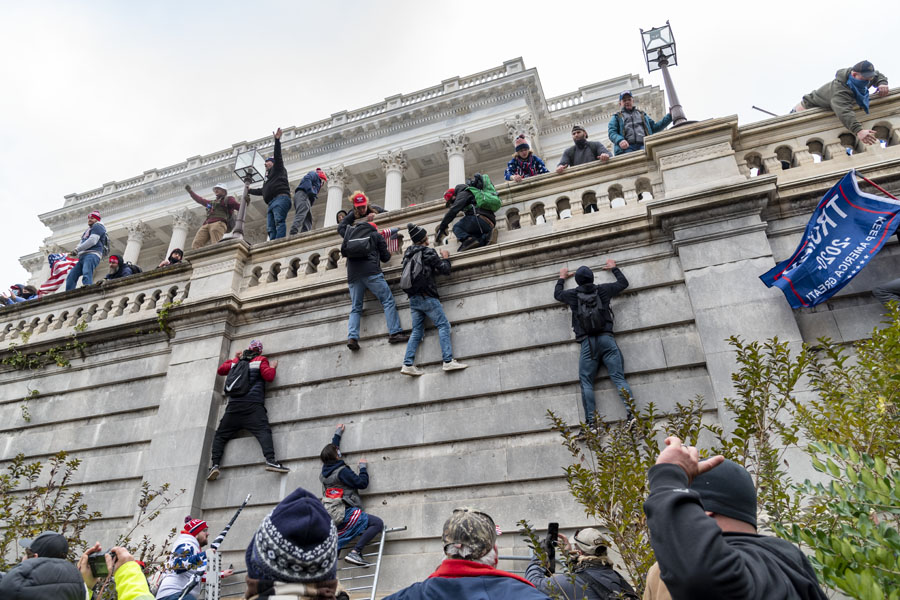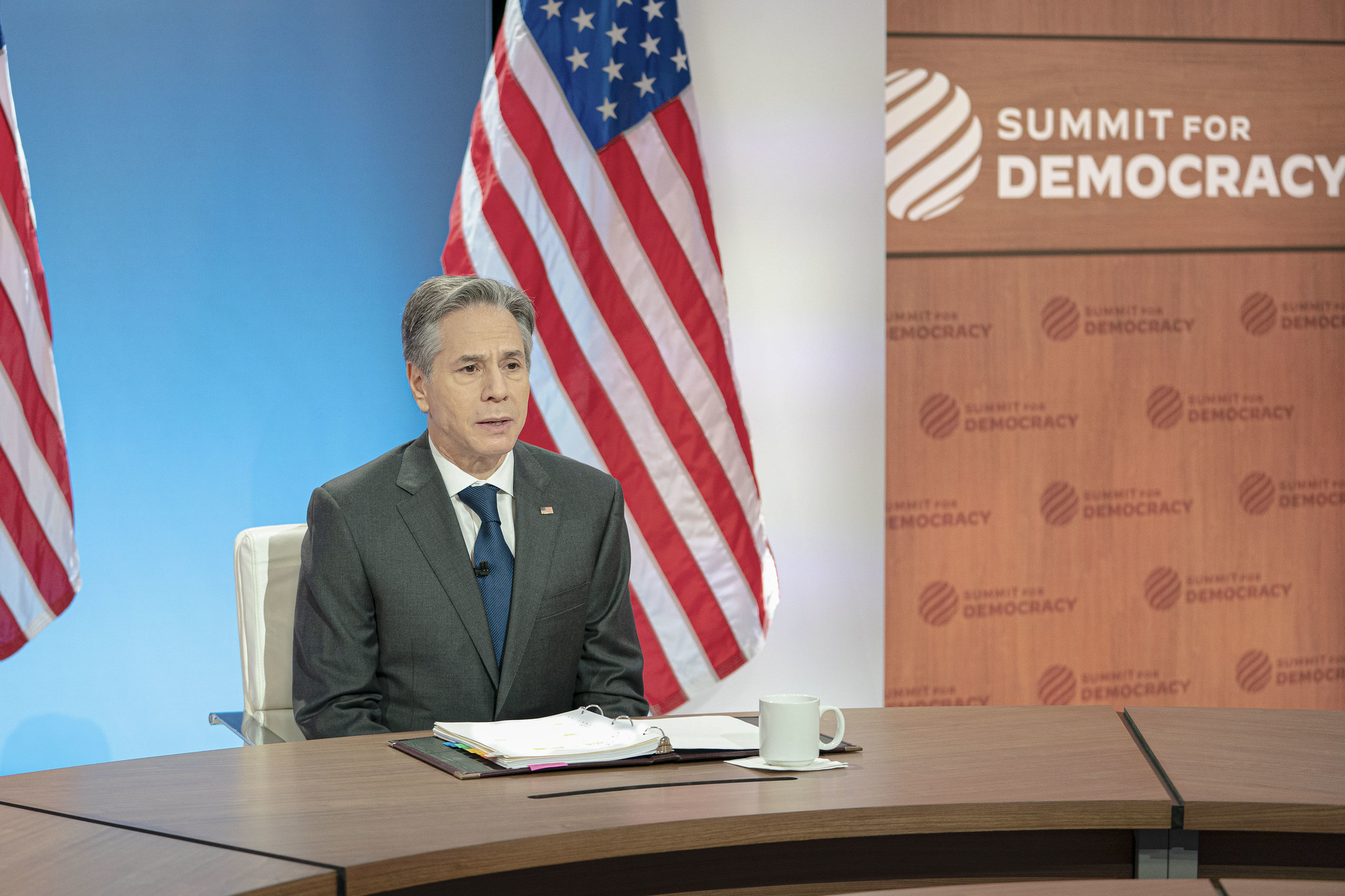-

Seditious Conspiracy Is the Real Domestic Terrorism Statute
To answer the question of whether the United States needs a new domestic terrorism statute, we first have to explore how well, if at all, seditious conspiracy is already performing as a substitute. -

The Military Is Making Progress in Its Counter-Extremism Efforts, but Gaps Remain
There is a growing problem of extremism in the U.S. military. -

Livestream: President Biden Announces Killing of Islamic State Leader in Counterterrorism Operation
On Feb. 3, President Biden announced that U.S. forces successfully undertook a counterterrorism operation that killed Abu Ibrahim al-Hashimi al-Qurayshi, the leader of the Islamic State. -

D.C. Circuit Opinion in Atchley v. AstraZeneca
The D.C. Circuit reversed the district court’s ruling in the case involving the Anti-Terrorism Act. -

Facebook Sued Over Killing Tied to Boogaloo Movement
The lawsuit alleges that Facebook gave rise to the far-right extremist boogaloo movement that led Officer Dave Patrick Underwood’s killer and his accomplice to connect. -

It’s Time to Close Guantanamo
With the departure of U.S. and coalition forces from Afghanistan earlier this year, the United States ended the central front of its longest war. However, one relic from that war remains: The indefinite ... -

Israel’s Counterterrorism Designation Regime: A Process in Need of Reform
Israel's labeling of six Palestinian civil society organizations as terrorist groups in October demonstrates the current legal process' lack of due process and transparency. -

District Court Rules Anti-Terrorism Law Violates Fifth Amendment
-

Assessing Domestic Violent Extremism One Year After the Capitol Siege
There’s been an ongoing “sea change” in the U.S. government’s domestic counter-extremism policy, but also on domestic violent extremist actors, groups, and movements themselves. -

D.C. Circuit Court Reverses District Court Ruling in Anti-Terrorism Act Case
A three-judge panel of the U.S. Court of Appeals for the District of Columbia Circuit reversed the district court’s dismissal of a lawsuit over whether medical supply and manufacturing companies can be h... -

Pentagon Updates Its Rules on Extremism in the Military
On Dec. 20, the Pentagon put out a clearer definition of extremist behavior as part of an ongoing effort to combat extremism inside military ranks. -

Securing U.S. Democracy
If the United States intends to address the lure of authoritarianism domestically, it should devote deliberate attention to making the American people safer at home.
The upcoming main navigation can be gotten through utilizing the tab key. Any buttons that open a sub navigation can be triggered by the space or enter key.











